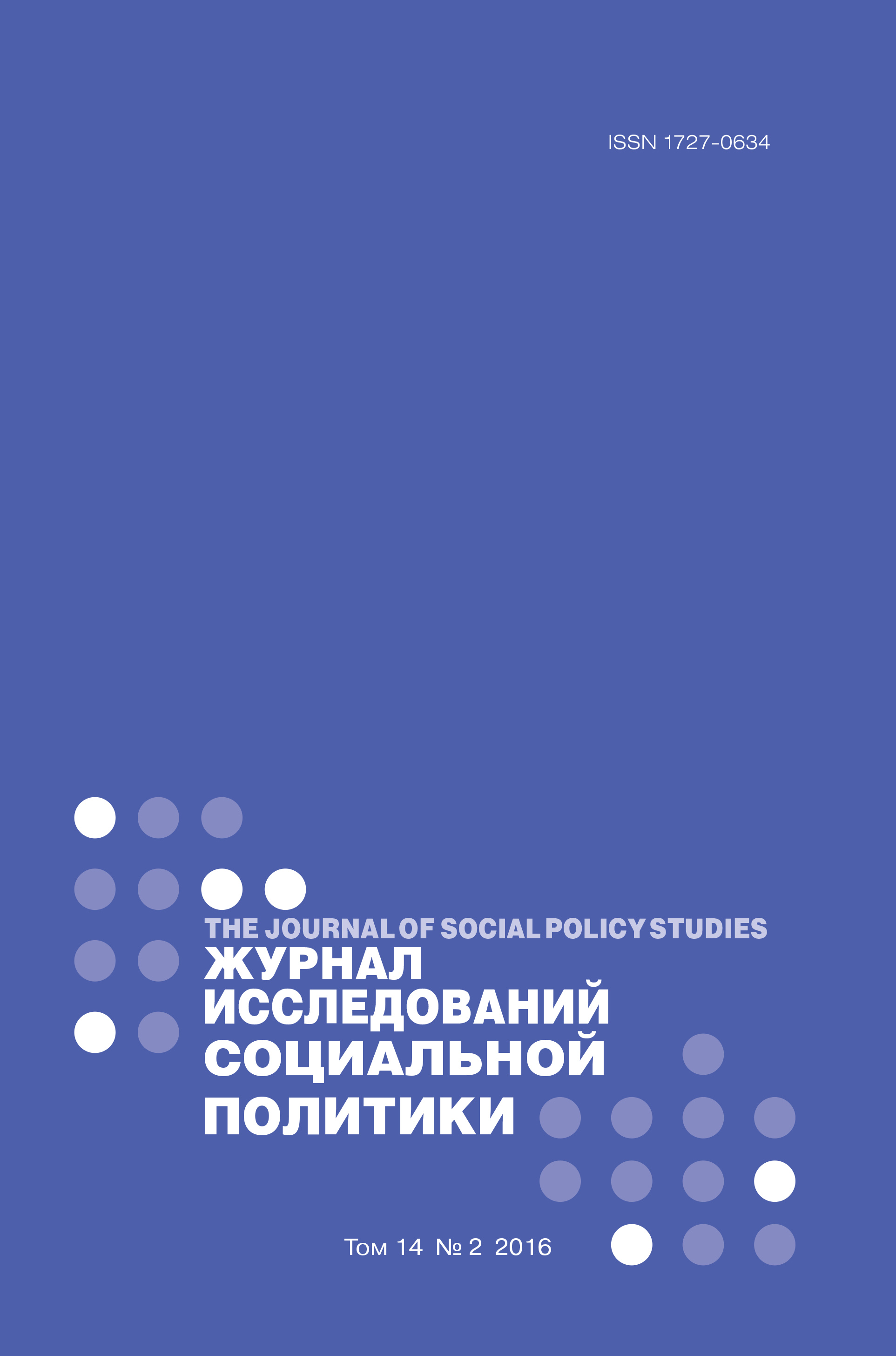От независимых проектов к государственным организациям: мемориалы в память о нацистских преступлениях и политика памяти в ФРГ
Ключевые слова:
Германия, политика памяти, национальная идентичность, мемориалы о нацистском прошлом, анти-тоталитаризм
Аннотация
В статье рассматривается трансформация мемориалов в память о нацистских преступлениях, которые из независимых проектов, преследующих цели разрушения гегемонии центральной бюрократии при определении политики памяти, превращаются в организации, финансируемые из государственного бюджета ФРГ. Анализ показывает, что вплоть до 1990 г. государственная повестка в осмыслении нацистских преступлений скорее подрывала на символическом уровне движение в сторону воссоединения германского национального государства. Мемориалы нацистского прошлого возникли, прежде всего, как инициативы гражданского общества в качестве проекта, противостоящего государственной гегемонии в политике памяти. После объединения Германии, однако, нацистское прошлое интегрировалось в новый национальный нарратив о стране, «выучившей» уроки истории. В настоящее время мемориалы функционируют для символической аутентификации данной идеи и, таким образом, включаются в национальный ландшафт памяти.Скачивания
Данные скачивания пока не доступны.
Опубликован
2016-06-06
Как цитировать
ЗибекК. (2016). От независимых проектов к государственным организациям: мемориалы в память о нацистских преступлениях и политика памяти в ФРГ. The Journal of Social Policy Studies, 14(2), 261-274. извлечено от https://jsps.hse.ru/article/view/3274
Раздел
СТАТЬИ НА АНГЛИЙСКОМ ЯЗЫКЕ















